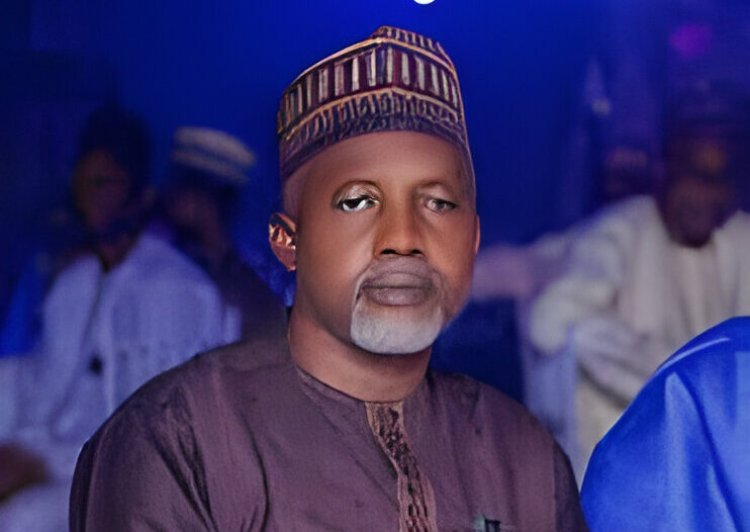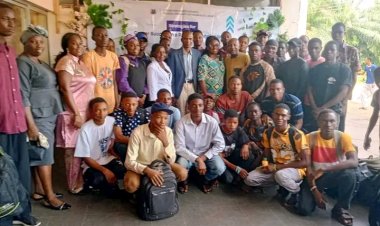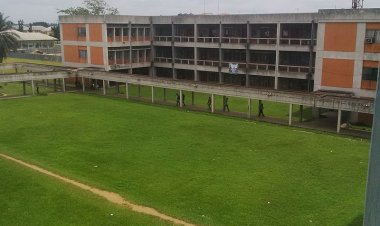Federal Government Sets Goal to Enroll 825,000 Students with Disabilities in Five Years
The Nigerian Federal Government aims to enroll 825,000 students with disabilities within the next five years as part of its commitment to inclusive education. Announced by Minister of State for Education Dr. Yusuf Sununu at the First Africa Regional Conference on Equal Opportunity of Access to Higher Education, this plan includes exempting disabled candidates from post-UTME screening and ensuring accessibility in tertiary institutions.

The Federal Government of Nigeria has announced an ambitious plan to enroll 825,000 students with disabilities over the next five years, underscoring its commitment to inclusive education. The initiative was revealed by the Minister of State for Education, Dr. Yusuf Sununu, during the First Africa Regional Conference on Equal Opportunity of Access to Higher Education.
Dr. Sununu highlighted the persistent challenges faced by persons with disabilities (PWDs) in accessing educational and economic opportunities despite ongoing efforts to promote equality. He instructed all tertiary institutions in Nigeria to admit candidates with disabilities who achieve the minimum admissible scores in the Unified Tertiary Matriculation Examination (UTME) without subjecting them to post-UTME screening.
Additionally, Sununu emphasized the need for both physical and digital infrastructure to support diverse learning needs, including braille materials, sign language interpreters, and digital resources. He stressed that overcoming societal stigmas and institutional barriers is crucial for unlocking the potential of students with disabilities and enhancing their contributions to education and the economy.
In alignment with this initiative, JAMB Registrar Prof. Is-haq Oloyede proposed the adoption of Nigerian Sign Language (NSL) as a second national official language. This move, he argued, would significantly benefit the large number of individuals with hearing impairments.
Oloyede also called for the establishment of supportive service centers for PWDs, suggesting that each geopolitical zone should host a branch attached to the National Commission for Persons with Disabilities (NCPWD). These centers, supported by the JAMB Equal Opportunity Group, would focus on implementing technology and policies to facilitate easier access to education for individuals with special needs.
The conference provided a platform for discussing strategies to advance inclusive education and foster economic empowerment through education. Oloyede and Sununu both underscored the importance of a collaborative effort among government bodies, academic institutions, the private sector, and civil society to ensure no one is left behind.
Education remains pivotal in realizing individual potential, and this initiative marks a significant step towards a more inclusive and equitable educational landscape in Nigeria.

 Chris Oyeoku Okafor
Chris Oyeoku Okafor 



